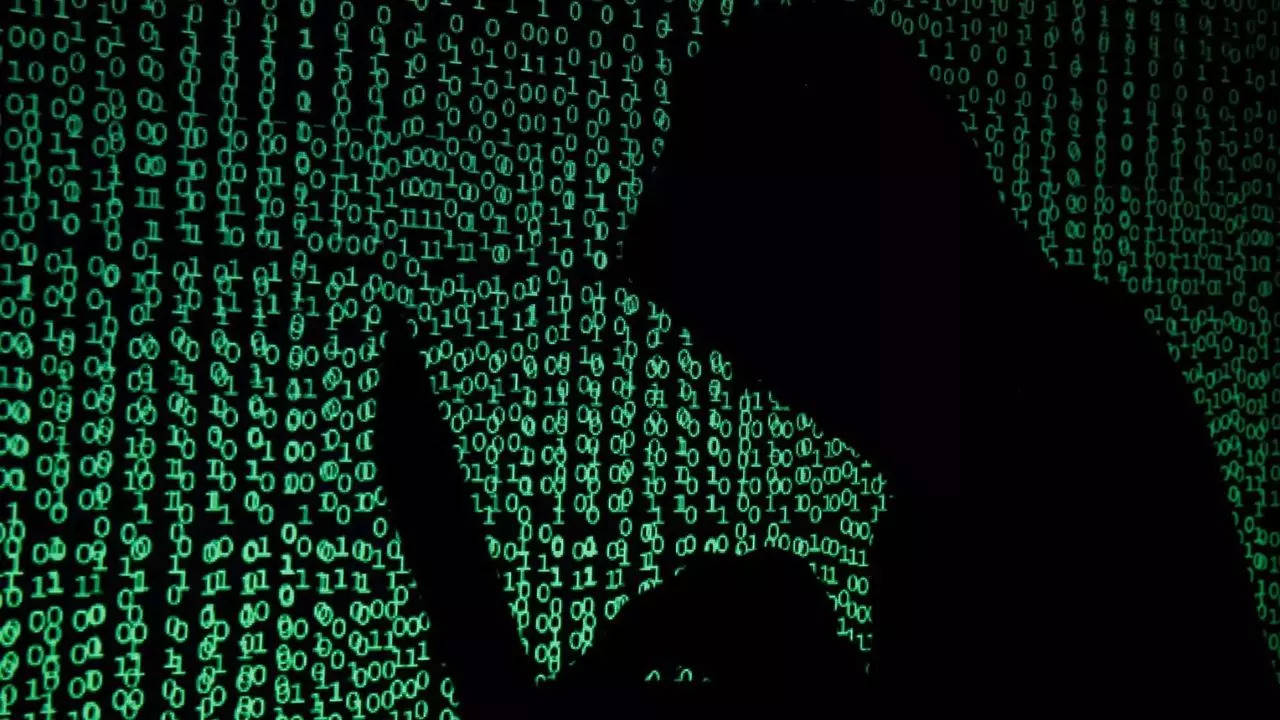Police said on Wednesday they had registered an FIR immediately and started a probe. The case is among the first in the country that police are seeing of cyber fraud attaining a lethal new dimension aided by deepfakes. Deepfake refers to content – audio, video and image – that is digitally altered using deep learning.
IT Minister Ashwini Vaishnaw lays out 4 pillars to address challenges posed by Deepfake
How blackmailers nearly drove senior citizen to suicide
In the wrong hands, it can be used to create content that is difficult to detect as fake.
Govindpuram resident Arvind Sharma, who works as a clerk at a company and lives alone, recently bought his first smartphone and opened a Facebook account.
On November 4, the fraudsters first contacted him through a Facebook video call. Sharma took the call but disconnected it within seconds after seeing a nude woman on the other side. But that was enough for them to entrap him. An hour later, he got another video call on WhatsApp, but this time, it was a man in a police uniform who was threatening him.
“In the video, the man in uniform said he would lodge a complaint against my father if he didn’t pay up. He also said he would release the video of my father talking to women on social media and share it with family members too,” Sharma’s daughter Monica said in the police complaint.
Sharma, alarmed by the image from the WhatsApp call the blackmailers had and afraid it would cause him huge embarrassment, transferred Rs 5,000 to a bank account number given by them.”But they demanded another Rs 10,000 and then Rs 50,000 as my father kept paying. He also took a loan from the company where he works,” Monica said.
She told cops that the accused demanded more money last week, leaving her father “mentally disturbed” and considering suicide.Sharma, who paid Rs 74,000, eventually told his family who later ran a Google search to try and figure out who the IPS officer was.
They found out the video featured former ADG Prem Prakash. Unsure why a senior officer would threaten and extort, they approached Ghaziabad police.
Kavinagar ACP Abhishek Srivastava said they got the complaint on the Integrated Grievance Redressal System (IGRS) and contacted the senior citizen before registering a case under the IT Act on Tuesday.
“We are taking help from the cyber cell to solve the case. We have sent the details along with videos for forensic analysis. Other information, including bank transactions, are being looked into,” the ACP said. A close look at the video shows the voice and lip movement don’t sync. But in the panic it caused, this seems to have gone unnoticed.
Srivastava said police will also write to Meta, Facebook and WhatsApp’s parent company, to get details of the account used by the criminals. Additional DCP (crime and cyber) Sachidanand told TOI this was the first such case to be registered in Ghaziabad. “We have formed a team to solve the case,” he said.
Prakash, a 1993-batch IPS officer, said he got to know about the deepfake video on Wednesday. He said some fraudsters had also made a Facebook account with his name to extort people. “I have seen that most victims of cybercrime don’t report the matter to police. But people should file a complaint and they can also report it on the national cybercrime helpline number (1930),” Prakash said.
The case comes at a time Union IT minister Ashwini Vaishnaw has said that the government will form rules to crack down on deepfakes and misinformation on social media. The minister last week held a meeting with representatives of social media companies after actor Rashmika Mandanna’s deepfake video was widely circulated online.
Speaking at a virtual summit of G20 nations earlier this month, Prime Minister Narendra Modi also brought up the “negative effects of AI” and said New Delhi wants the world to work together on “global regulations”. “We want that AI should reach the people and it must be safe for society,” he had said.
